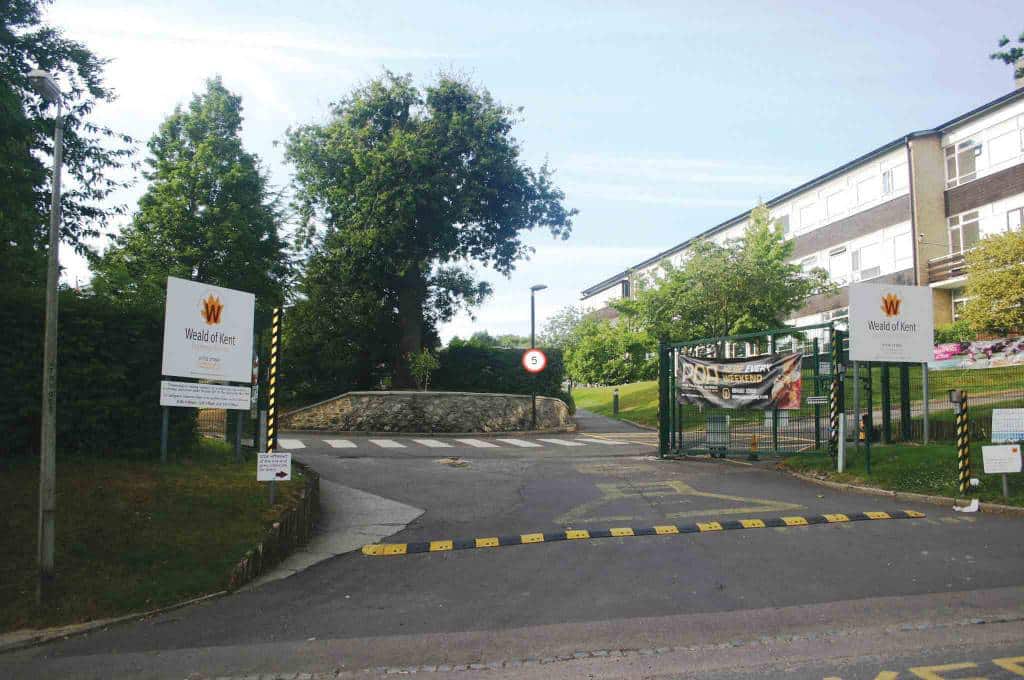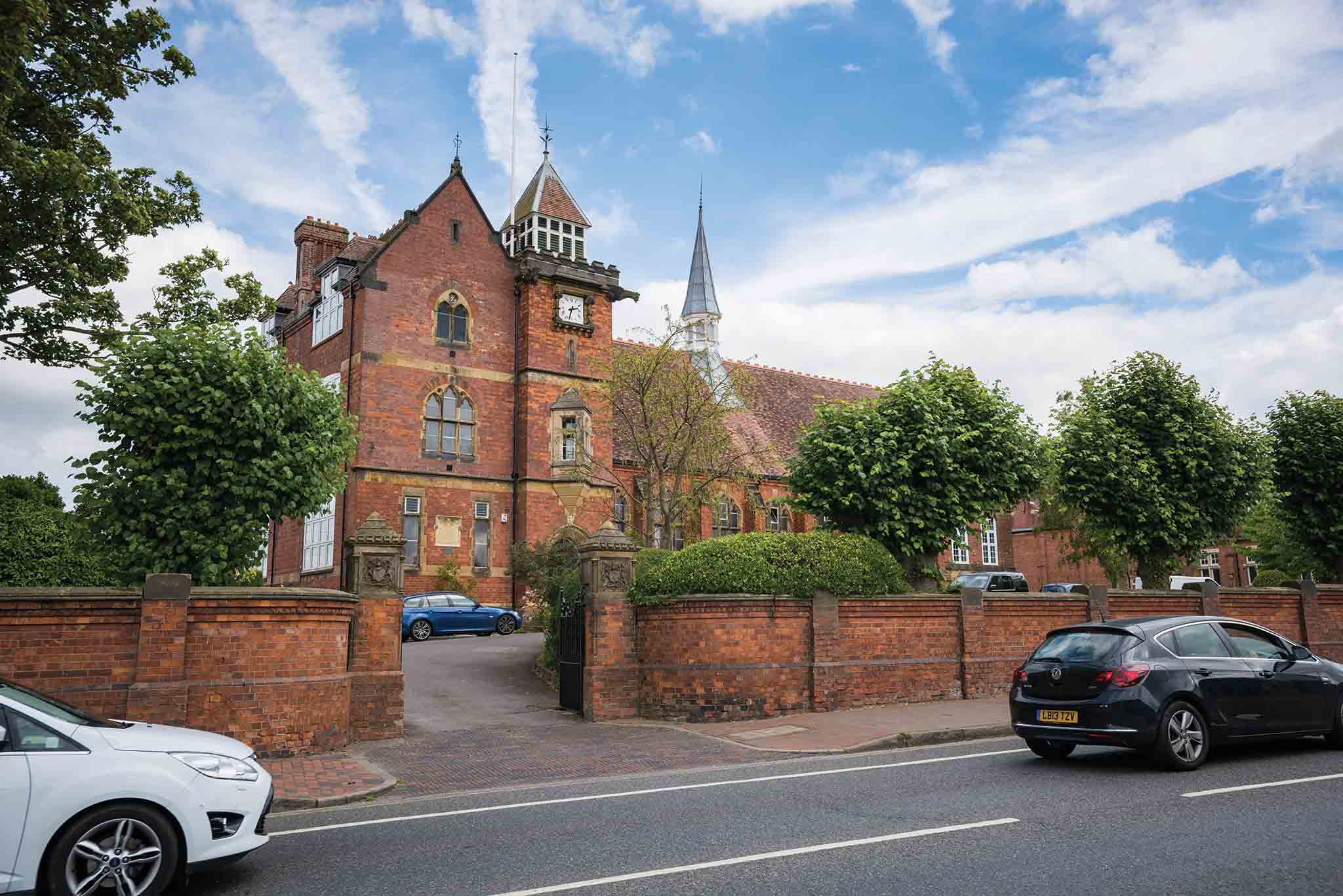News that Prime Minister Theresa May is expected to give the green light to more grammar schools has been welcomed by Kent County Council.
Mrs May is understood to be on the verge of lifting the 18-year ban on new grammar schools by the end of this year.
KCC’s Cabinet Member for Education, Roger Gough, said: “We support the expansion of grammar school capacity, as we do that of any good or outstanding school where there is a clear need for more places.
“The 1998 Act currently prevents this being done through the establishment of new grammar schools.
“We believe that this is an unnecessary and damaging restriction and that this part of the legislation should be scrapped.”
Grammar schools select pupils by means of entrance exam the 11-plus, or in this county the Kent Test.
Kent is exceptional in that grammar schools already comprise a third of its mix of secondary schools.
Cllr Gough’s comments follow a story in the Times that the Kent Education Network (KEN) is calling for an end to the 11-plus, which it claims creates inequality and a two-tier system, especially in West Kent.
KEN was set up in January in response to plans for establishing an ‘annexe’ in Sevenoaks to the Weald of Kent Grammar School in Tonbridge.
Cllr Gough told the Times:Â “Grammar schools are an integral part of education in Kent. For many people they are a route to social mobility, giving bright children from a full range of backgrounds the opportunity to achieve more from their time in education.”

He agreed that opponents had every right to make their case, but KCC believed that grammar schools had an important place in our education system, and that a large number of Kent residents had a similar view.
He said Kent’s mixed choice of secondary schools offered real choice for parents seeking a school that suited their child’s abilities and needs.
“We recognise that schools of various types in the county – including grammar schools, high schools, faith schools, comprehensive schools and special schools – provide an excellent education for their pupils.”
He said it was nonsense to point out that in a grammar school system the non-selective schools would sometimes have relatively lower performance in terms of GCSEs and A levels. That was inevitable because those schools did not have, on average, the more academic pupils.
However, that did not mean that the non-selective schools were doing a bad job.
“Non-selective schools in Kent achieve outstanding outcomes for their pupils by offering a balanced blend of academic, vocational and technical pathways, apprenticeships and preparation for employment opportunities.
“In fact a number of our Kent non-selective schools do well in terms of what they deliver, even in relation to the national average.
“And the results do not indicate that the pupils in those schools are doing any worse than they would under another system.”








